[EXP] The participatory budget of Odemira in Portugal: an example of inhabitants managing part of the public budget.
Rural topic(s): Civic dialogue, Civic engagement, local governance and dialogue
Type: Success story
Date of writing: February 16, 2015
Author(s) of this page: Pierre-Yves Guiheneuf
Summary:
Participatory budgeting consists of giving inhabitants control of part of the public budget, for example, a municipal budget. In Odemira, the experiment has been renewed by the Municipal Council since 2011.
Text:
Context
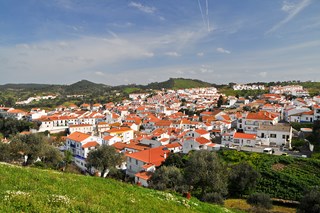
Odemira is a town in the Beja district in the south of Portugal, which covers 1,720.6m2 and has a population of 25,738 inhabitants. It is a rural region which includes 17 villages and a central town of 3,000 inhabitants. Since 2011, part of the municipal budget (in 2015, 500,000 euros) is set aside for projects proposed by the inhabitants and submitted to their vote.
Partners
Odemira local council initiated the project.
Activities
The project takes place in five phases:
1. Summary of the previous year and allocation of the budget for the year underway.
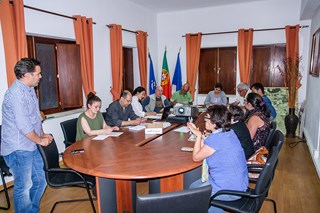
2. Receipt of proposals. Inhabitants are invited to submit proposals either online or and during participative assemblies. All inhabitants over the age of 16 can take part.
3. Analysis of the proposals. A committee consisting of an elected official, municipal technicians and one citizen elected during a citizen assembly, conduct a technical analysis of the proposals and select those which are feasible. The maximum cost of each proposal is €125,000. Inhabitants can contest the decisions and request a new examination of the proposals if necessary. Finally, a list of proposals is presented (25 proposals in 2014).
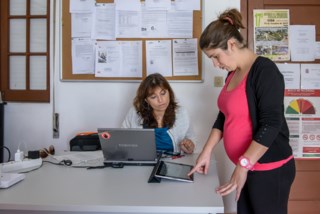
4. Vote. Over a two-month period, citizens vote on the proposals, either by internet or in specific locations.
5. Public presentation. The results are presented and the proposals which receive the greatest number of votes are incorporated into the local authority budget. The final decision must be approved by the local Council, but this stage currently appears to be a simple formality.
Results and prospects
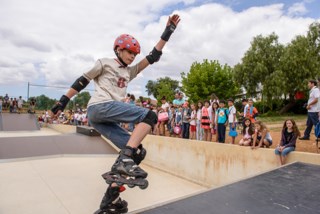
A very diverse range of projects are presented. In 2014, they related to public services (sports facilities, youth facilities, parks and public spaces, etc.), the development of tourism, social centres, a traditional seed bank, etc.
In 2014, more than 5,000 inhabitants participated in the vote. This was a significant percentage of the local population (20% of inhabitants of all ages). Of the 18 projects proposed for the vote, four were selected: the development of sporting activities on the Mira river, construction of a community hall, creation of a leisure area, and development of a public square.
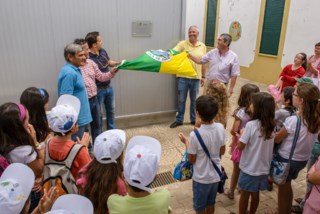
Comments:
Several experiments with participatory budgets have taken place in Europe (see the book below), most of them in urban areas. Participatory budgeting has also been experimented with by teaching establishments (participatory budget for colleges, in the Poitou-Charentes region of France). In Germany, a ‘citizens’ budget’ has been in place in Cologne since 2007. In France, Paris launched a participatory budget experiment in 2014. For examples of rural areas, with smaller sums than in Odemira, see the experiment conducted by Rural Action Yorkshire in the UK (www.ruralyorkshire.org.uk/projects/participating-budgets).
Notes:
Les budgets participatifs en Europe. Yves Sintomer et al. Editions la Découverte, 2008. www.editionsladecouverte.fr/catalogue/index-Les_budgets_participatifs_en_Europe-9782707156488.html
Contact:
José Alberto Guerreiro, Presidente da Câmara Municipal de Odemira. op (a) cm-odemira.pt
Download:
Informations:
Scale of intervention : Local
Keywords: citizen participation, municipal initiative, participation by inhabitants, consultation process, local community initiative
Places: Portugal
Actors: local authority, inhabitants
Methods: vote, consultative process, participatory budget
